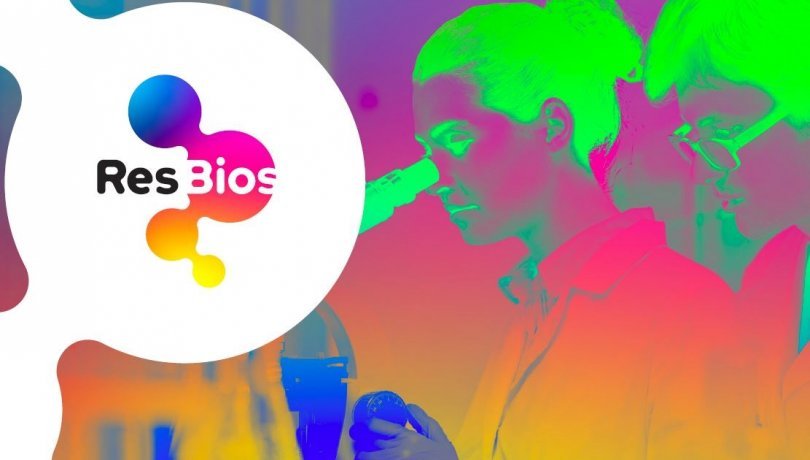The Institut de Ciències del Mar (ICM-CSIC) participates in ResBios European with the objective of acquiring experience to implement sustainable and lasting Responsible Research and Innovation measures that generate structural changes in the institution.

The Institut de Ciències del Mar (ICM-CSIC) participates in the European project ResBios, with the objective of acquiring experience to implement sustainable and lasting Responsible Research and Innovation measures that generate structural changes in the institution.
Responsible Research and Innovation (RRI) provides a framework to bring research closer to the needs and values of society. Biosciences, and among them, marine sciences, play an important role in the relationship between science and society, what makes RRI essential in this field.
The ICM will learn from the experienced partners in the implementation of RRI. Specifically, it will focus on structural actions on gender, public engagement and scientific education. Among other actions, the ICM will impulse the creation of an “oceanographic schools” program, a citizen exchange and debate platform in relation to the Ocean, the development of an institutional plan to support young researchers (known as mentoring) and the design of an institutional gender equality plan.
ResBios is part of the European framework “Science with and for Society” of the Horizon 2020 program. The project is led by the University of Rome Tor Vergata and involves 12 institutions from 11 European countries: the Institute of Marine Sciences of the CSIC (Spain) , the University of Lviv Ivan Franko (Ukraine), the Faculty of Agriculture of the University of Zagreb (Croatia), the Democritus University of Thrace (Greece), the interdisdicplinary school of sociology and research "Knowledge and Innovation SRL" (Italy), the European Science Engagement Association (EUSEA), the University of Bremen (Germany), the University of Gdansk (Poland), the AgrobioInsitute (Belgium), the University of Primorska (Slovenia) and the Aarhus University (Denmark).
Funded by the European Commission with 1.5 million euros, it will be based on the results of the previous STARBIOS project to introduce sustainable institutional changes in bioscience research.